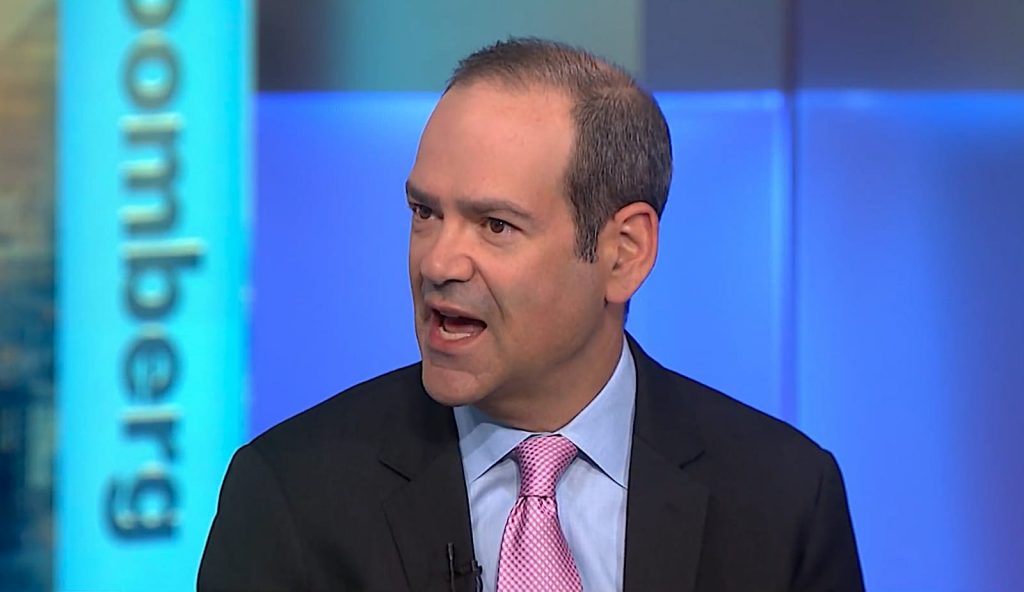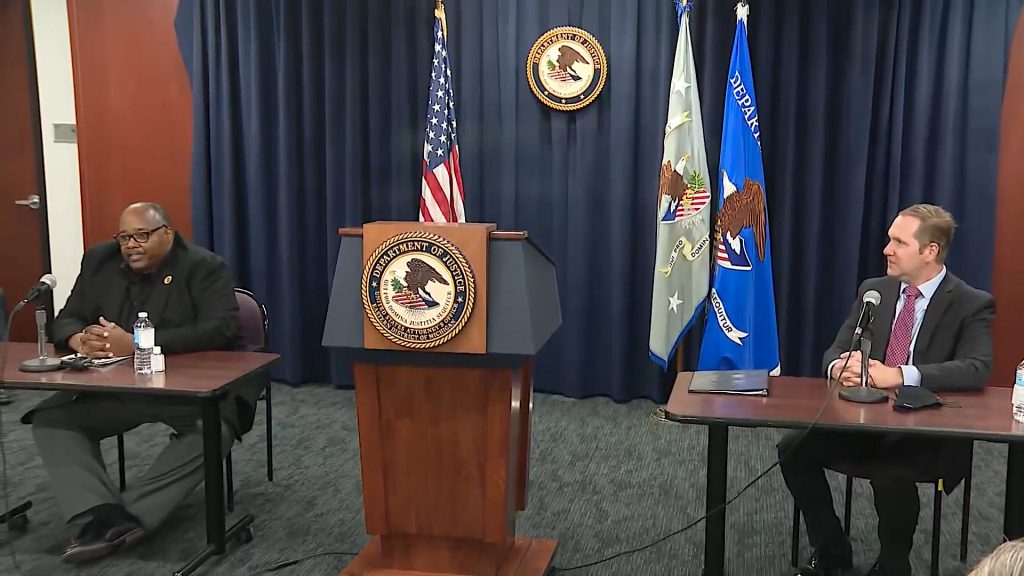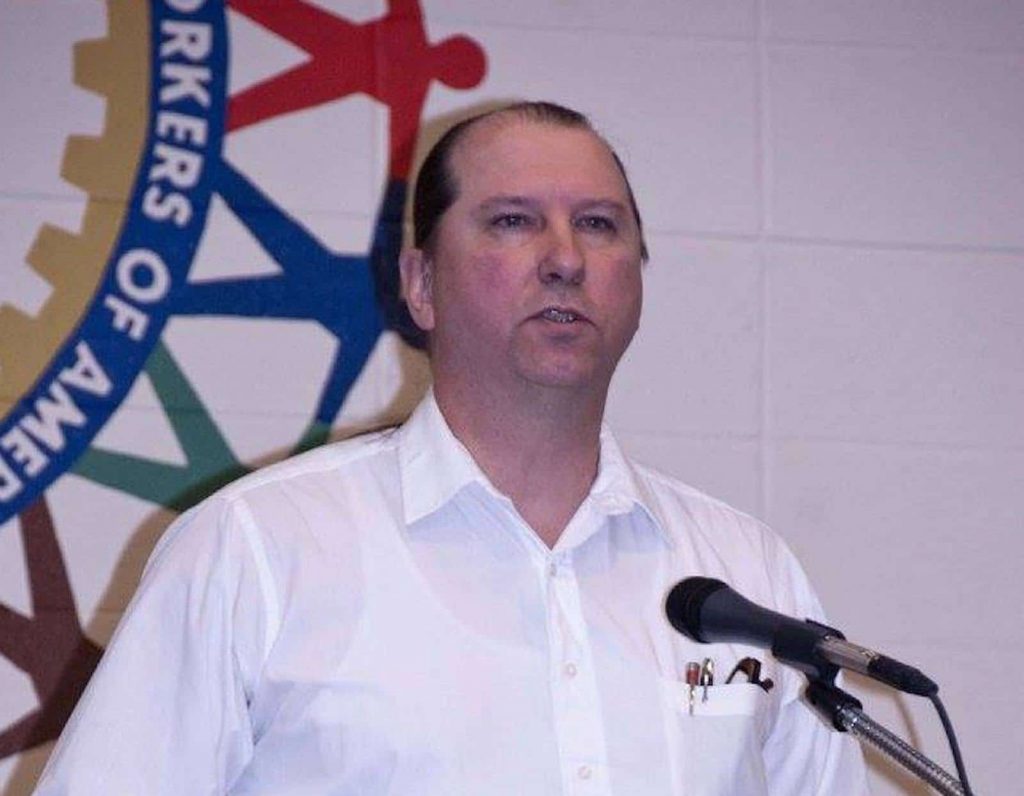Members of the United Auto Workers will get the chance to vote this fall on changing the way the union’s top officers are selected.
The referendum to alter the union constitution must be held by Nov. 12, which is exactly six months after an order signed by U.S. District Judge David Lawson. The ruling enforces the consent decree the UAW negotiated with the U.S. Department of Justice in the wake of a scandal that led to criminal charges against a dozen UAW officer and staff members.

Lawson’s order also named Neil Barofsky as the Independent Monitor of the UAW, which is also part of the terms of the Consent Decree.
Barofsky will provide oversight of the union for a period of six years. He also will oversee, with the Department of Labor, a binding and secret-ballot referendum of the UAW’s membership to determine whether to change the organization’s elections from the current delegate system to a direct election model, for the UAW President and members of the UAW’s Executive Board.
Changes are coming to the union
While the monitor will have substantial oversight of the union’s internal affairs, the monitor will have no role in negotiations with employers under the consent decree. Negotiations and contract administration remain in the hands of the union’s top officers and union staff members.
Barofsky, however, has the right to review staff appointments, which critics contend have been influenced by nepotism in recent years. This isn’t his rodeo, as he served as the Independent Monitor of Credit Suisse Securities LLC and Credit Suisse AG, following billion-dollar settlements.

Barofsky’s team includes Jenner & Block partner Reid J. Schar, who previously served as a federal prosecutor in Chicago, where he prosecuted former Illinois Governor Rod Blagojevich. He will also be assisted by Glen McGorty, a partner in the law firm of Crowell & Moring and a former federal prosecutor.
McGorty previously served as the monitor overseeing the New York City District Council of Carpenters labor union, which included oversight of direct union elections.
“The men and women of the UAW deserve honest and faithful leaders dedicated to serving the best interests of the membership,” said Acting U.S. Attorney Saima Mohsin. “We believe that oversight by an Independent Monitor will help to ensure that the rights and interests of the UAW’s membership are protected. I am confident that Neil Barofsky will provide tough but fair oversight of the UAW.”
The UAW will pay for cost of the monitor and its staff.
Splinter group signs on to choice of monitor
Barbara Harvey, a Detroit lawyer representing a group of UAW members pressing for the direct election of union officers, said the group will not contest Barofsky’s appointment but will work with him through the federal courts.

UAWD was concerned about Brodsky’s lack of familiarity with labor-law cases, said Harvey, who represented Teamsters for Democratic Union’s during the long legal fight to reform the Teamsters. Harvey said she will keep watch on any rulings and the policing of internal elections critical to genuine reform of the UAW, Harvey says.
The group of union members hoping for reform, which Harvey represents, fear UAW leadership, which remains deeply entrenched despite the scandal, will work to subvert genuine change.
Battle for battery jobs looms
Meanwhile, as the monitor takes office, the UAW is stepping up pressure on General Motors about representation at the new battery plants it’s is building in Ohio and Tennessee through a partnership with LG Energy.
“GM is trying to have it both ways,” noted a key UAW official. “GM likes to talk about all they jobs it is creating through its push to electrify its product line, but when the union representation, they say the plants don’t belong to them, he notes.
The union basically wants the management of battery plants — at all levels — to remain strictly neutral as the union moves to organize battery plant workers. GM’s partner in the battery venture, LG Energy’s parent, LG Chem, is widely known for being anti-union, sources said.
Studies have shown anti-union campaigns by employers in have been instrumental in undercutting union influence. In fact, one of the anti-union campaigns against the UAW at Fuyao Glass in Ohio in 2017, where employees voted against union representation, became the basis for the award-winning documentary, “American Factory.”
GM insists it is not trying to hold the UAW at bay.
“GM has a long history of supporting unions and the UAW in our plants and operations,” a GM spokesman said in an email. “We are supportive of the process that allows workers to determine their representation. When Ultium gets to the point of hiring, we will be supportive of the union’s efforts in that process.”







